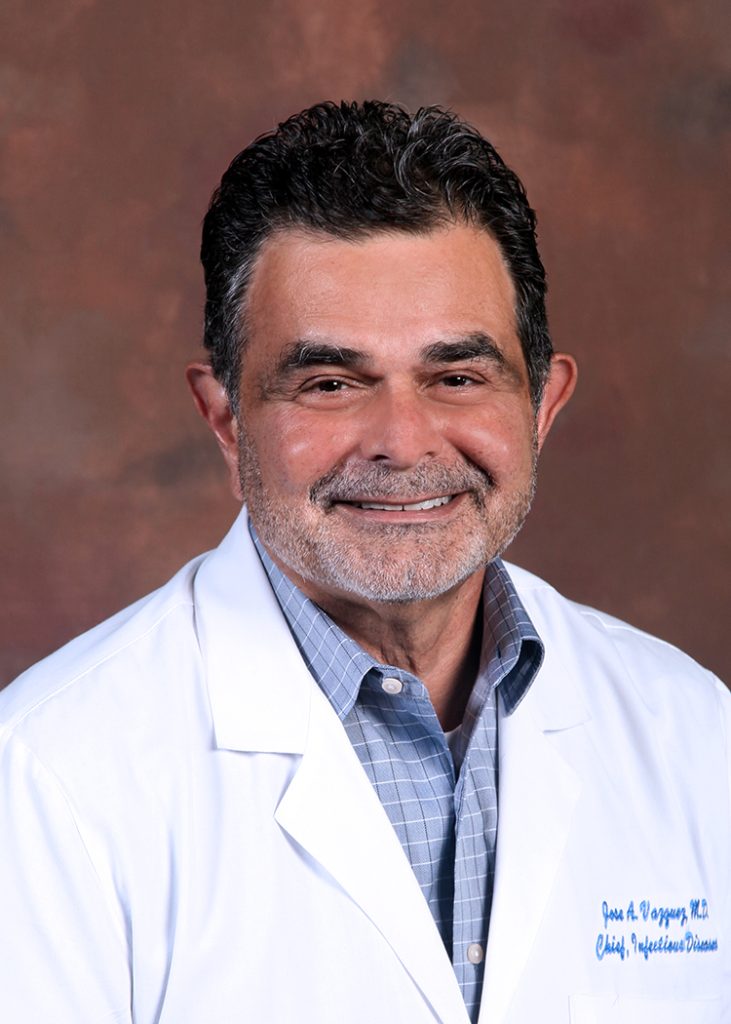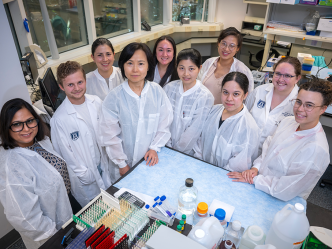Candida auris is making headlines – but for all the wrong reasons. The fungus can lead to severe infections causing long-term health issues and even death.
Jose Vazquez, MD, division chief of infectious diseases at the Medical College of Georgia at Augusta University, said there’s good reason for concern.
“The biggest fear is that this is multi-drug resistant, so it is resistant to many different drugs,” said Vazquez.

He went on to add that C. auris is also hard to detect, and specialized lab equipment is needed. Once the fungus gets into a hospital setting, such as an ICU, it’s hard to stop.
Vazquez also believes there are many more cases going unconfirmed, and the reason can be traced back to the pandemic.
“A lot of patients that had COVID ended up in the intensive care unit,” Vazquez said. “Many patients ended up on mechanical ventilators. Those are the major risk factors for Candida infections, including being admitted to the intensive care unit, on ventilators, on antibiotics and central lines for a prolonged period of time.”
There is good news in that C. auris is not contagious or a health threat outside the health care settings.
“So it’s not like you or I are going to be walking down the street and say hello to somebody and shake hands (and get infected). That’s not going to happen. You have to be in the hospital, and then you have to have the risk factors which I mentioned previously, such as being on broad spectrum antibiotics, on mechanical ventilation or they’ve been in the intensive care unit for a prolonged period of time.”
 Augusta University
Augusta University




